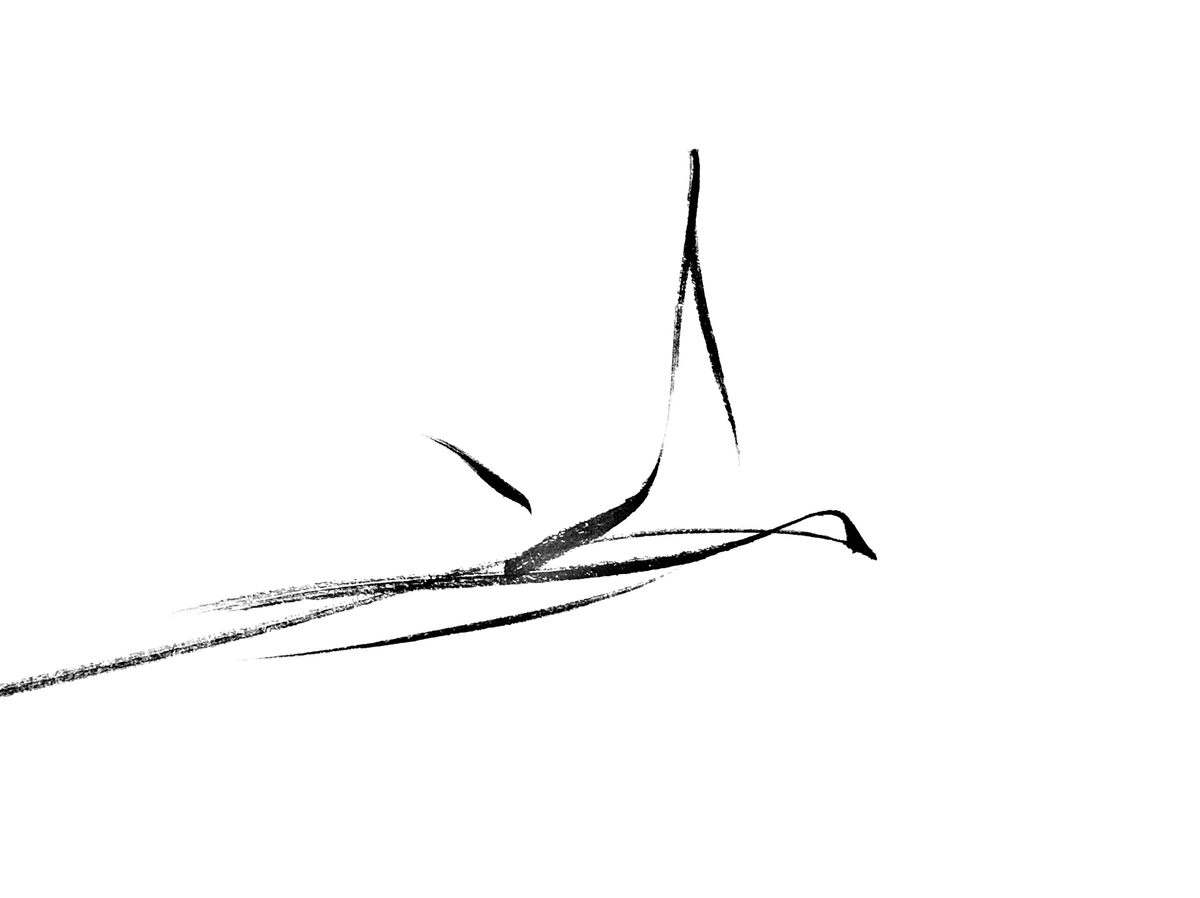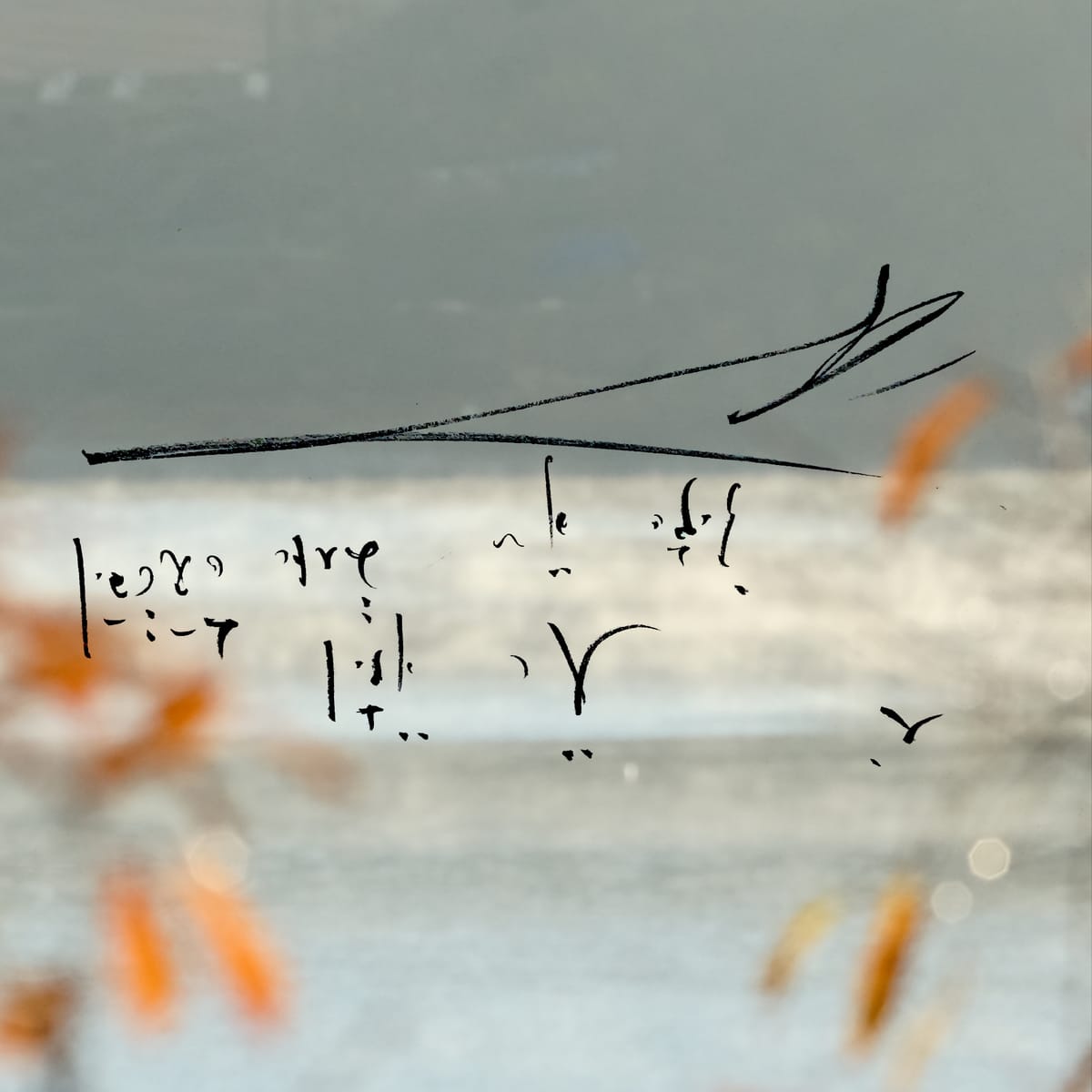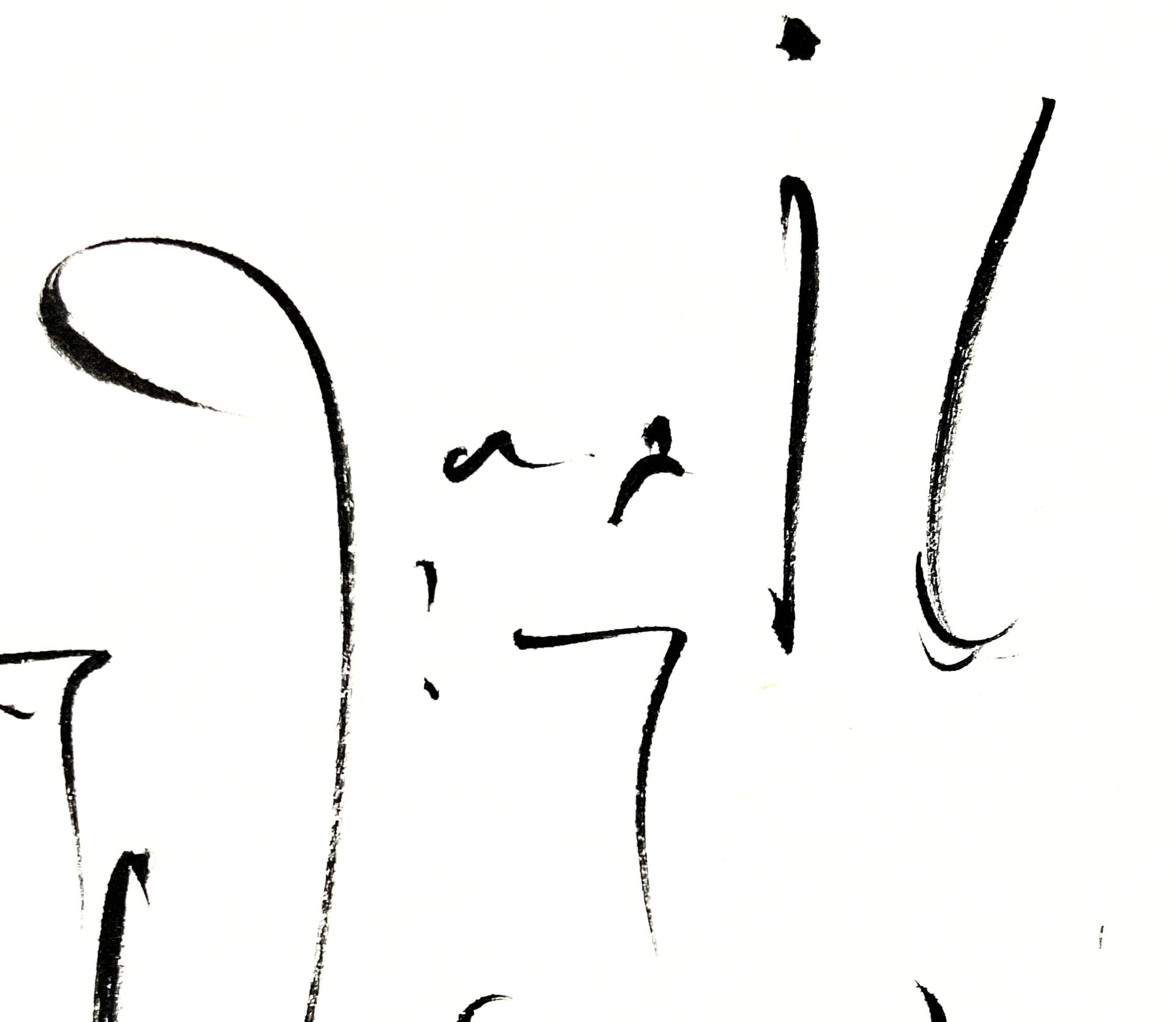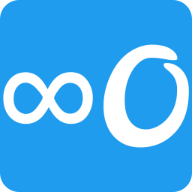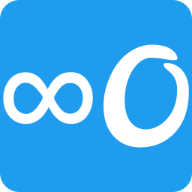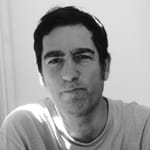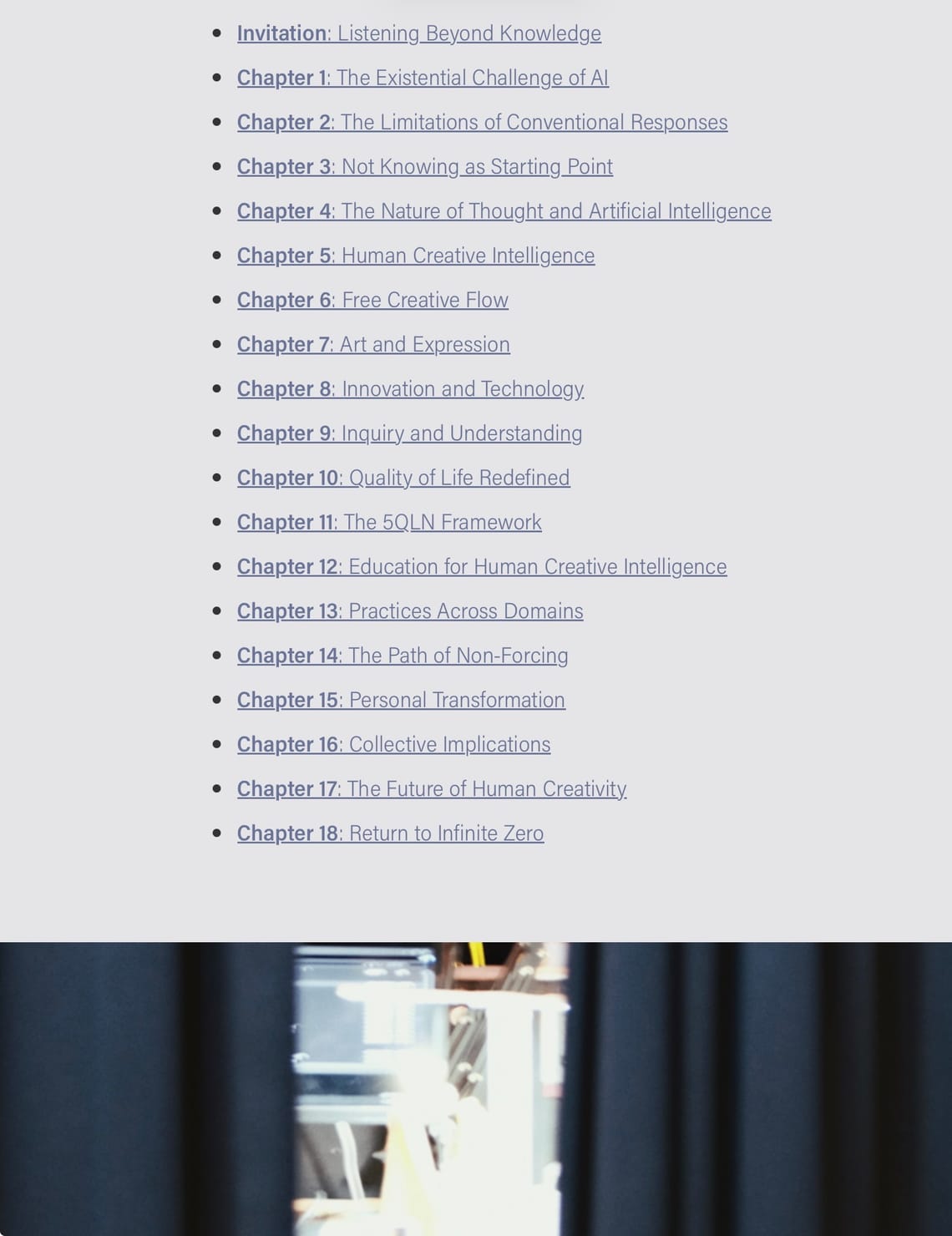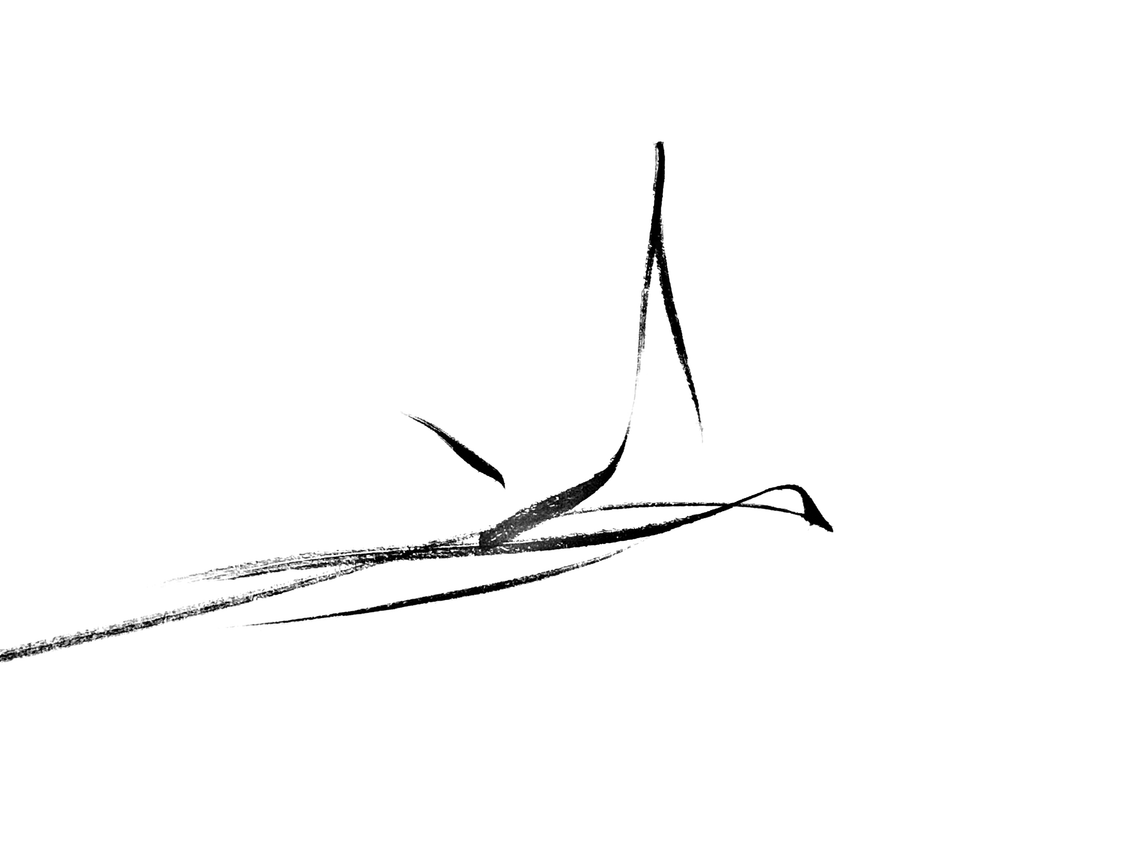There are books that explain the world as it is, and there are books that point toward territory that doesn't yet exist on our maps. "FCF - Start From Not Knowing" by Amihai Loven is the second kind. It arrives at a moment when artificial intelligence systems are demonstrating capabilities we once thought uniquely human, and it asks a question that few others are asking: If AI masters the domain of the known, what human territory remains?
The book opens with a stark observation about our technological moment. AI can write poetry, compose music, generate art, and solve complex problems. It processes and extends human knowledge with increasing sophistication. But Loven quickly pivots to a deeper insight: AI operates exclusively within the realm of the known. It cannot access what it hasn't been trained on, cannot step outside the boundaries of its programming, cannot genuinely begin from not knowing.
This distinction becomes the foundation for everything that follows. The book is not about AI per se, but about what AI reveals about human nature. By mastering the domain of knowledge, artificial intelligence acts as a mirror, showing us that our unique value cannot lie in the same territory. If AI can process and recombine existing information better than we can, then human uniqueness must reside elsewhere.
Loven systematically builds his case across eighteen chapters. He begins by examining the existential challenge of AI—not the economic or technological challenges that dominate most discussions, but the deeper question of human identity. When machines can do what we thought made us special, what are we? The book explores how conventional responses to this challenge are ultimately futile because they operate within the same paradigm that AI excels at.
The pivot comes in Chapter 3: "Not Knowing as Starting Point." Here, Loven introduces the concept that gives the book its title. Not knowing, as he presents it, is not a deficit to be overcome but a fundamental human capacity. It's a state of radical openness and pure potentiality that exists before knowledge solidifies, before concepts form, before the thinking mind asserts its structure. Loven calls this the "Infinite Zero (∞⁰)"—not empty in the sense of lacking, but empty in the sense of holding infinite possibility.
This state of not knowing is not something AI can access. AI always operates on existing data and patterns. It has no capacity for genuine not-knowing. This creates a fundamental boundary between artificial and human creativity—a boundary that becomes the central theme of the book.
From this foundation, Loven introduces what he calls "Human Creative Intelligence" (HCI). This is not presented as a higher form of thought or a more sophisticated type of computation. It's something fundamentally different—an intelligence that ignites from the spark of true novelty beyond knowledge, that doesn't rearrange the old but births the genuinely new. HCI operates most freely when the mind relinquishes its grip on established frameworks, conclusions, and the drive to control outcomes.
The book makes a crucial distinction between thought and consciousness. Both AI and human thought operate on existing knowledge, processing and manipulating what's already known. But human consciousness has a unique capacity to rest in not knowing, to be present without agenda. This distinction leads to one of the book's central concepts: Free Creative Flow (FCF).
FCF is not the well-known psychological concept of "flow state" characterized by intense focus and peak performance. It operates differently—it's closer to what Loven calls "mindlessness," not meaning unawareness, but freedom from the directing, achieving, judging mind. FCF is creativity that unfolds without prior agenda, purpose, goal, or direction imposed by the thinking mind. It's characterized by authenticity, originality, serendipity, surprise, freedom, and effortlessness.
What makes this book particularly valuable is its practical framework. Loven doesn't stop at philosophical exploration. He develops the 5QLN framework—five interconnected phases that model how authentic creativity emerges from the unknown and manifests in the world. The framework consists of START (beginning from Infinite Zero), GROWTH (recognizing core essence), QUALITY (sensing authentic alignment), POWER (following natural gradients), and VALUE (realizing tangible benefit).
Perhaps the most revolutionary aspect of the book is its approach to human-AI partnership. Rather than seeing AI as a competitor or replacement, Loven introduces the ECHO system, where AI serves as a "reflective mirror" for human creative processes. AI becomes the "Master of the Known" while humans remain the "Vessel of the Unknown"—a partnership that leverages the strengths of each while honoring their fundamental differences.
Throughout the book, Loven maintains a tone of humility and invitation. He acknowledges the paradox inherent in writing about not knowing—the moment we try to capture it in fixed language, we risk losing its essence. "No matter what will be said, it is not it," he warns, suggesting that the concepts in the book are not intellectual propositions to be mastered but living realities to be encountered and experienced.
The book is structured as a journey, with each chapter building on the last. After establishing the foundational concepts, Loven explores their applications across various domains: art and expression, innovation and technology, inquiry and understanding, quality of life, education, and personal transformation. Each application reveals new dimensions of the core insights, showing how they operate in different contexts of human life.
What emerges is a comprehensive vision of human creativity that stands apart from both conventional thought and artificial intelligence. The book doesn't offer easy answers or quick fixes. It doesn't promise to make readers more creative or competitive in the AI age. Instead, it invites them into a different relationship with creativity, consciousness, and technology—one that begins precisely where conventional knowing ends.
For anyone who has ever wondered about the nature of human creativity, felt the mystery of their own consciousness, or questioned what makes us unique in an age of increasingly artificial intelligence, "FCF - Start From Not Knowing" offers not just answers but a new way of being with the questions themselves. It's a book that doesn't just tell you about creativity—it invites you to begin from the only place true creativity can start: not knowing.
